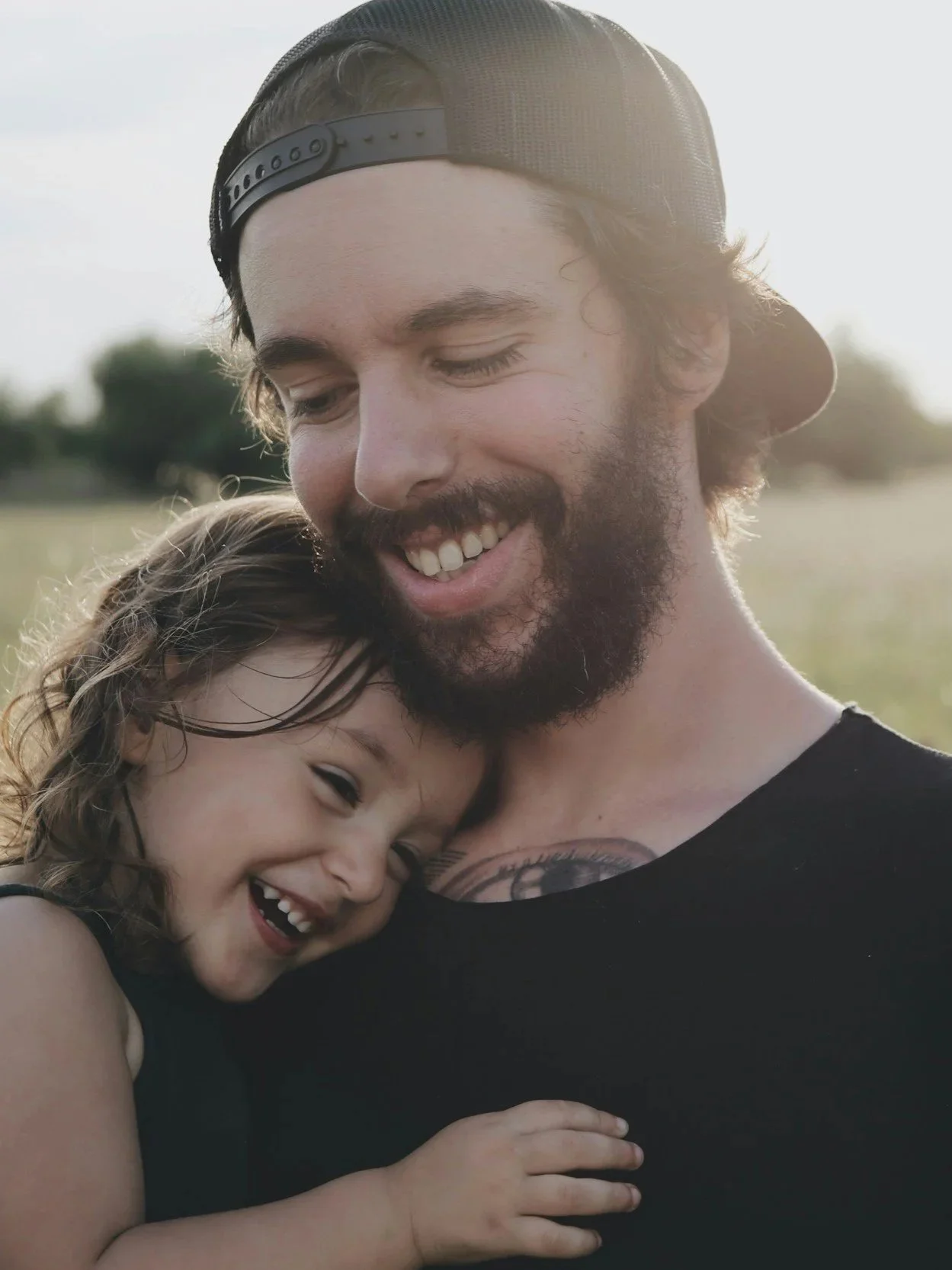Parenting Was Never Meant to Be This Isolating
You’re doing your best—but sometimes, it still feels like you’re falling short.
Whether you're parenting a toddler, teen, or neurodivergent child, the emotional load can feel relentless. You’re expected to be patient, present, and perfect—even when you’re exhausted, overwhelmed, or unsure what your child really needs. And let’s be honest: Google and Instagram don’t come with nuance, empathy, or actual support.
At Psych Collective, we offer therapy that helps you parent from a place of clarity, confidence, and connection—not survival mode.
What Parenting Struggles Often Sound Like:
“I lose my patience way more than I want to.”
“I don’t know how to support my child emotionally.”
“I'm burnt out, touched out, and constantly questioning myself.”
“My own childhood is showing up in ways I didn’t expect.”
“I feel guilty for needing space—and resentful for not having it.”
“I love my kid, but I don’t always love parenting.”
You Deserve Support Too
Being a good parent doesn’t mean sacrificing your mental health. In fact, the more emotionally grounded you are, the safer and more supported your child becomes.
Our therapists help you:
Understand your triggers and parent with more intention
Navigate your child’s emotions—without losing yourself in them
Set boundaries rooted in care, not control
Break cycles from your past so you can create a different present
Reconnect with joy, confidence, and self-trust in your parenting journey
We support all kinds of caregivers—including parents navigating blended families, solo parenting, co-parenting, or raising neurodivergent kids.
Compassionate Guidance, Not Judgment
Parenting isn’t about perfection. It’s about presence. And that includes being present with yourself too.
Let’s Support the Parent Behind the Role
Book a free consultation to get matched with a therapist who understands the complexity of parenting—and the value of your well-being.
You’re allowed to ask for help. It doesn’t mean you’re failing—it means you’re human.

